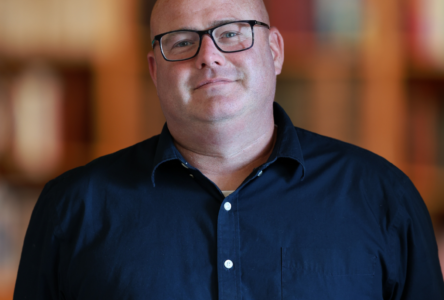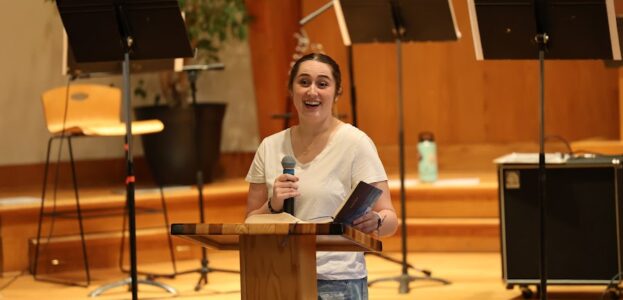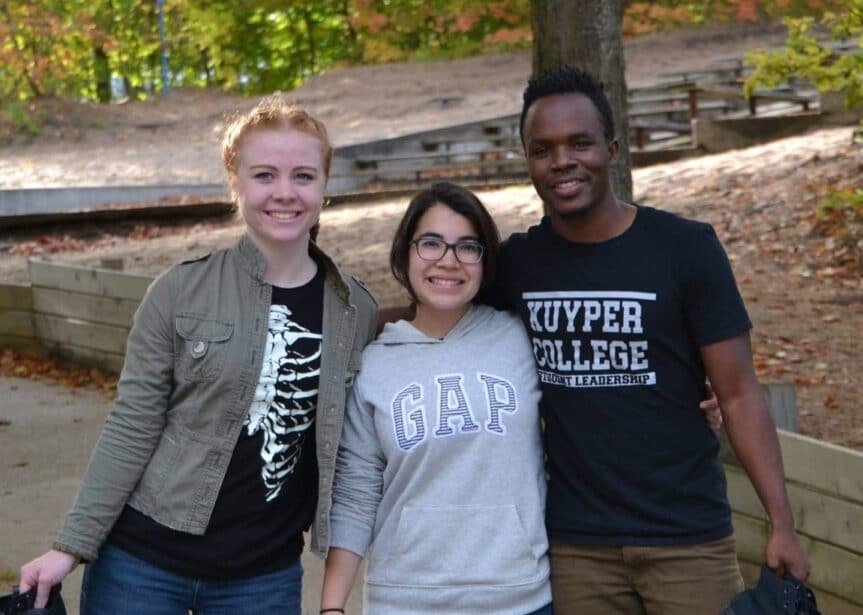Youth Ministry in an Unpredictable World
Jake Mulder, Director of Strategic Initiatives at the Fuller Youth Institute and co-author of Growing Young: Six Essential Strategies to Help Young People Discover and Love Your Church, shared his thoughts on the past, present, and future of youth ministry at Kuyper College’s Youth Ministry Lunch n Learn.
Mulder grew up in Kalamazoo, Michigan, where he worked as a youth pastor before going to Switzerland with Youth with a Mission, or YWAM. He moved back to the United States to earn his Masters of Divinity degree at Fuller Theological Seminary, where he is now pursuing his doctorate.

According to Mulder, the church as a whole struggles to pass on their faith to young people. Many youth ministry strategies that were effective in the past no longer work. Why is that? Because, Mulder explains, those strategies are calibrated toward a world that no longer exists. In the past, one’s life path was relatively linear: one could expect to graduate high school, enter college or the workforce, get a job, buy a house, get married, and have kids. That predictable, stable pattern does not reflect the reality of today’s young people.
Now, young people may take a gap year, do multiple internships, move back in with parents after college, or go in any number of directions. More than half of young people leave the church after high school. Life is no longer predictable. So, Mulder presents listeners with a challenge: “How are we going to recalibrate our ministries for today’s young people?”
Mulder says that we are often tempted to answer this question by looking at the world around us. Instead, Mulder explains, “We need to look at the Holy Spirit at work through the resurrected Jesus.” When we focus on Jesus, He helps us to become people who respond to the world in a gospel-centered way.
Mulder is optimistic that, after a few years of hard reflection, the church can once again communicate the relevance of the gospel to their young people. To help the church can do that, Mulder encourages listeners to ask these questions: “What are young people’s current narrative?” “What’s a better, Jesus-centered narrative?” “What are the ministry practices, programs, and strategies needed?”











